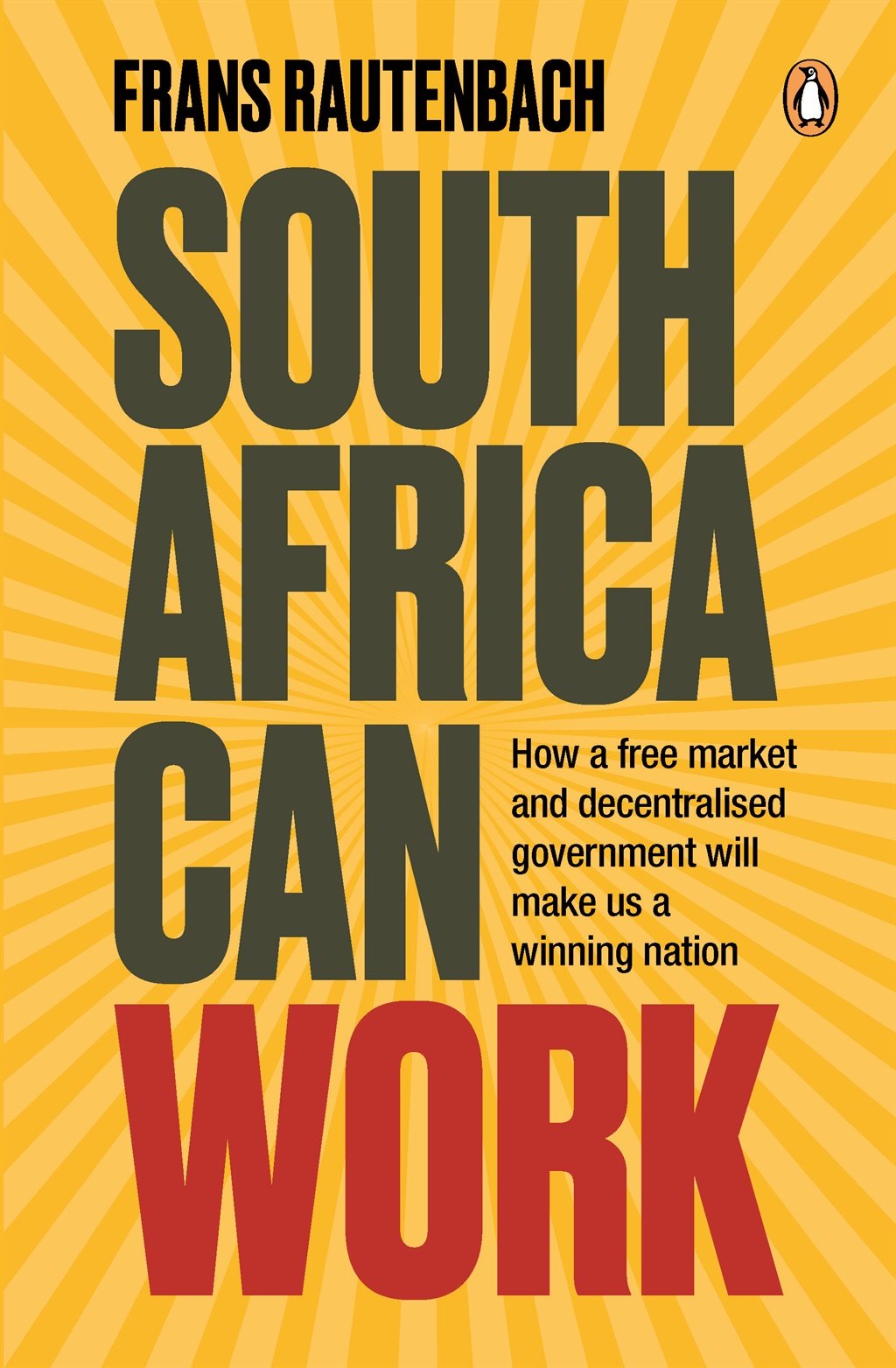
South Africa Can Work
Penguin Random House
304 pages
R250
Justice Malala relates a sad conversation with a black farmer in the beautiful, barren Free State. The farmer is talking:
‘I go to the government for funding and I am told to get in the line. You know what? The line doesn’t move because the politically connected are taken by the hand to the front of the queue. They get the farm and they hold parties with young women there every weekend. They are eating, but they know nothing about working the land,’ says the farmer.
He is 35 years old. He never inherited a thing. He has two children. His father, a farmworker, taught him three values: hard work, educate yourself about your industry and frugality.
‘But I worry about my kids. Under the ANC my daughter will have to sleep with someone to get a job. It is happening with teachers and it will happen elsewhere. So who will I vote for? ‘I have voted for the ANC my whole life. This time? I don’t know. The greed is too much,’ he says.
The farmer leaves. He is going to check on his cattle. He leaves me with a few pearls of wisdom: ‘This business is for people who are prepared to get up at 3am and work. It is not for politicians.’
Rent-seeking. That is what the politicians in the story are doing. The Economist describes rent-seeking as ‘cutting yourself a bigger slice of the cake rather than making the cake bigger … Whether legal or illegal, as they do not create any value, rent-seeking activities can impose large costs on an economy.’
One example given is ‘a union demanding higher wages without offering any increase in productivity’. According to Investopedia, ‘Rent-seeking is the use of the resources of a company, an organization or an individual to obtain economic gain from others without reciprocating any benefits to society through wealth creation.’
Rent-seeking is exploiting social, legal or political conditions in order to gain a benefit (‘rent’) from a public or other resource that the perpetrator otherwise would not have gained without commensurate productivity on his or her part. In short, rent-seeking is getting something for nothing. It is any transaction that to a greater or lesser degree ignores merit.
I believe a culture of rent-seeking is central to most, if not all, of our greatest problems: corruption, race conflict, educational decline, unemployment and economic stagnation. If rent-seeking is wrong, what is right?
Right is earning your reward on merit. Giving full value for what you get in life. Earning your keep, like a worker who gets paid at the level of his or her productivity, or a government contract being given to the most cost-effective tender, or a learner at school getting a mark reflecting the quality of his or her work, and the standard for matric being set at a level meeting the quality of learning required by the market and universities.
Right means employment. Not mere employment, but gainful employment that creates wealth. It manifests the value of human dignity, an important facet of which is pride in paying your way with your own productive labour.
It is not hard to see why a country that complies with this merit principle is likely to work as it should, like a finely tuned engine. Every part in the engine helps drive it; there are no passengers, freeloaders or parasites.
Most people would agree that a situation where citizens make use of resources in the system in such a way that they benefit at the expense of the productivity that should advance society is not a desirable state of affairs.
And yet those self-same people who agree with me will also defend many manifestations of rent-seeking, so normal has this phenomenon become in our country. Let’s consider different examples of rent-seeking to demonstrate this. Government tenderpreneurship is an easy example about which most of us will agree. Businesses that are not able to win tenders purely on the strength of the quality of their products/services and price are awarded tenders on the basis of party membership or their relationship with government decision- makers. Since by definition their tenders offer less value for the taxpayer’s money, granting them the contract is wasteful.
Everyone will agree that this is unacceptable. Cadre deployment, where state offices are filled with appointments from the ranks of party members or supporters, instead of the best candidates based on merit, is self-evidently rent-seeking because it gives benefits to both party and appointee at the expense of serving the public to best effect. We all agree this is unacceptable.
Another form of rent-seeking that has recently grabbed news headlines is that of state capture, in which private interests advance their position by exploiting personal relationships with powerful politicians, including the president.
The most widely known example of state capture in South Africa involves the Gupta family. Through their friendship with President Zuma they get preferential treatment, such as the right to land an aircraft at a military base without the proper clearance, jeopardising national security. Their businesses benefit on the basis of favours, and not merit. They allegedly even get a say in the appointment of ministers.
For obvious reasons, such acts are not productive having regard to the object of state power, which is to serve the public interest, not that of private individuals. It is a massive waste. The majority of South Africans will and do agree: it is wrong.
* Frans Rautenbach is an advocate and labour lawyer at the Cape Town Bar.




 Publications
Publications
 Partners
Partners















